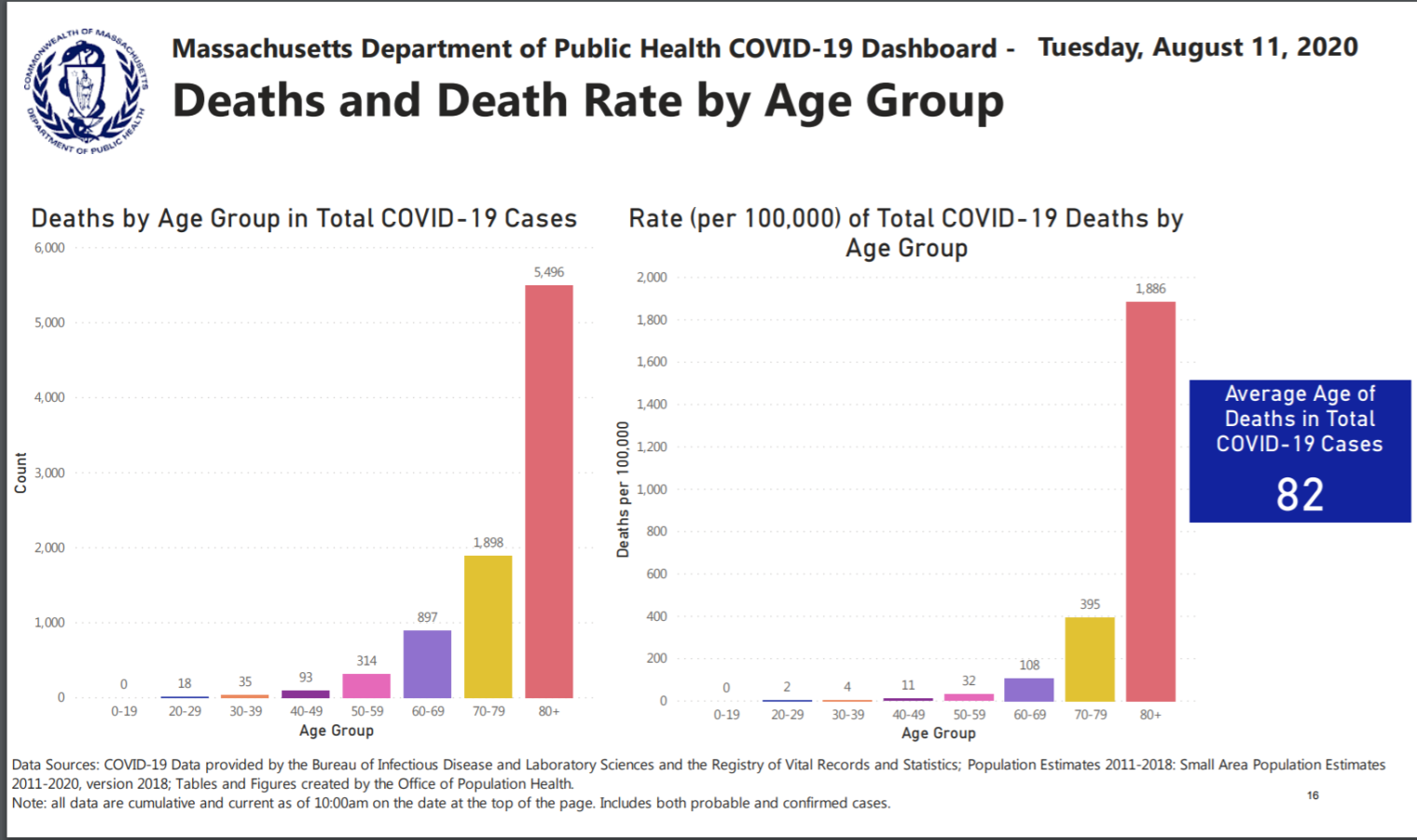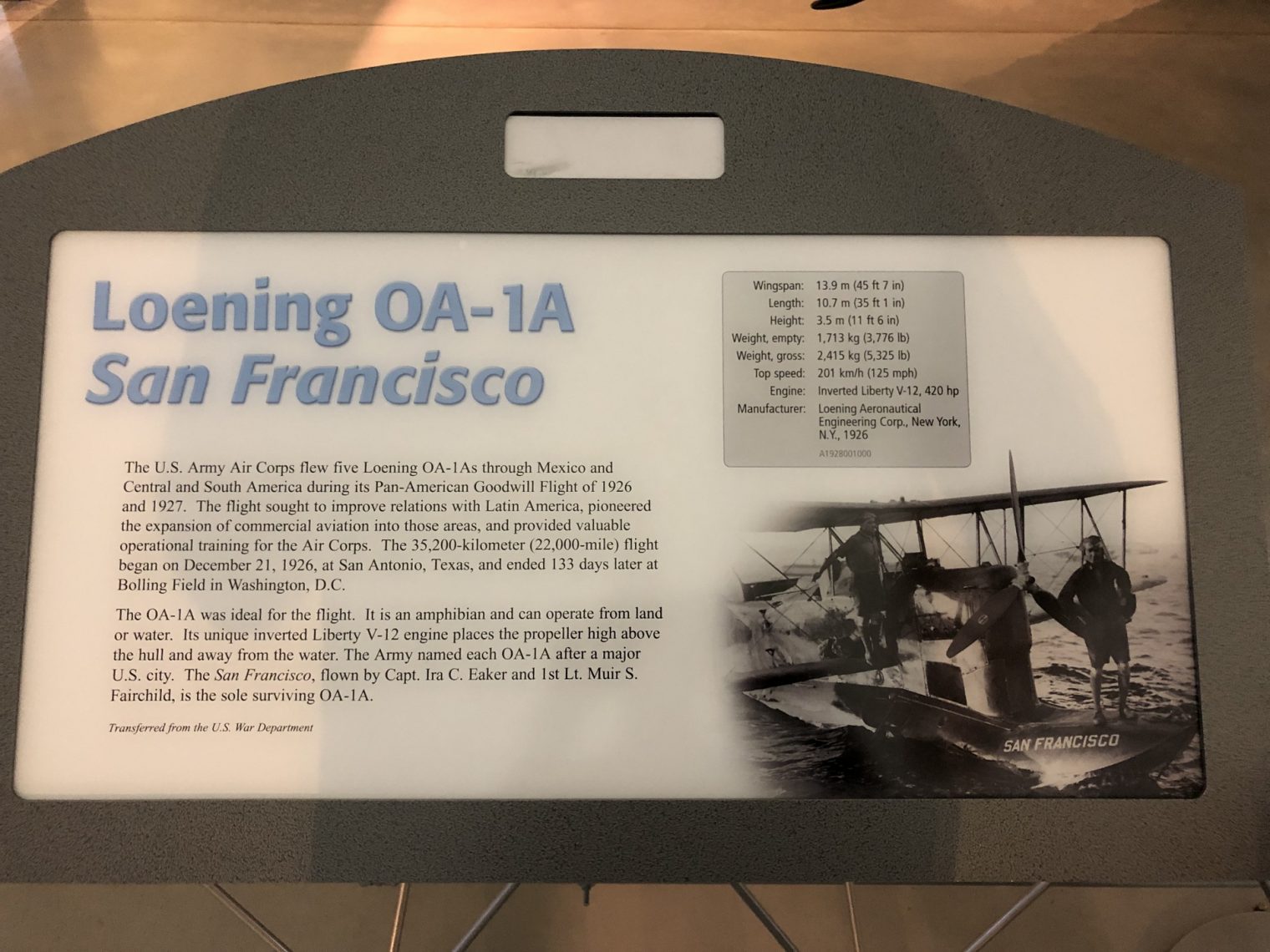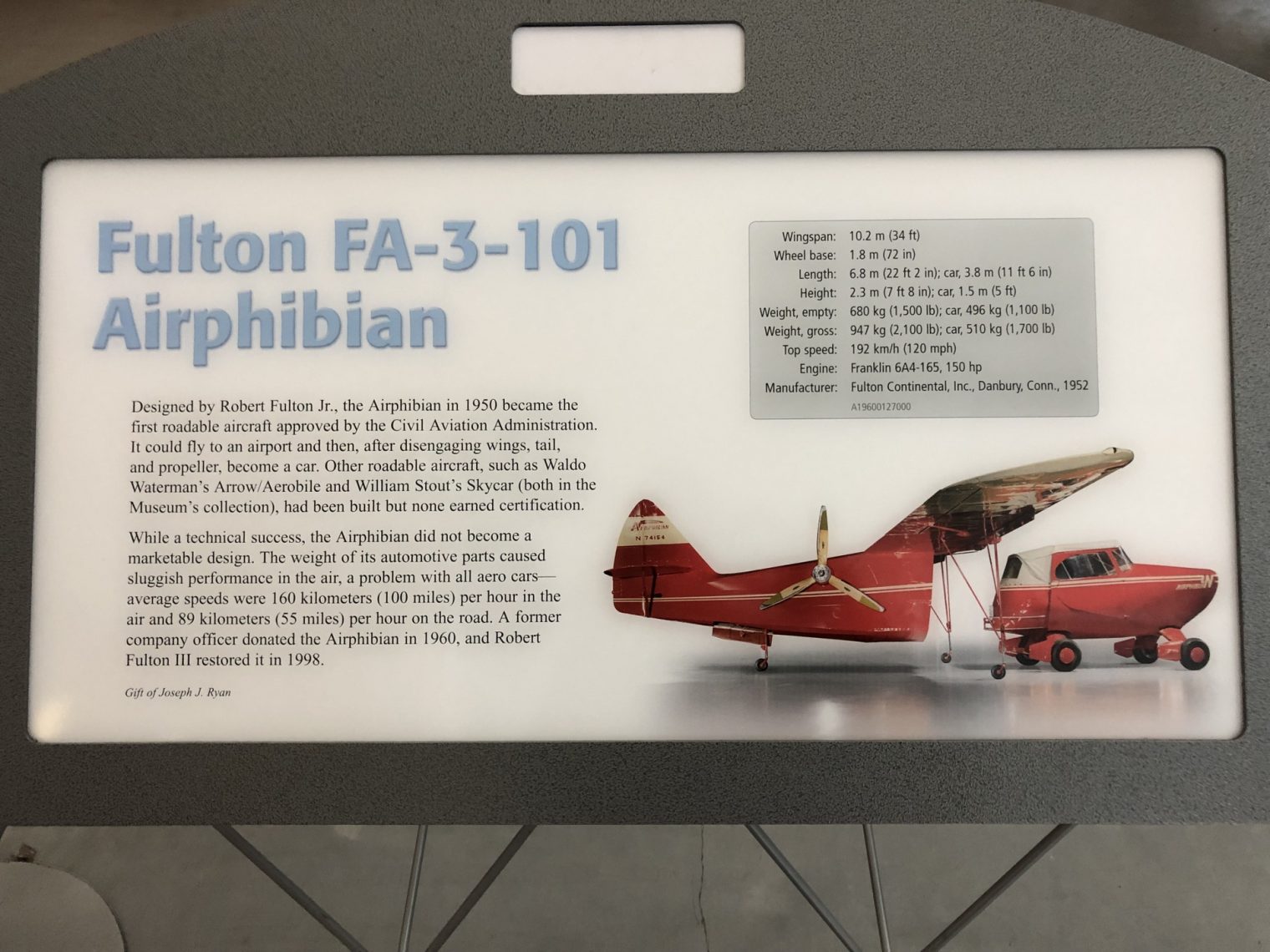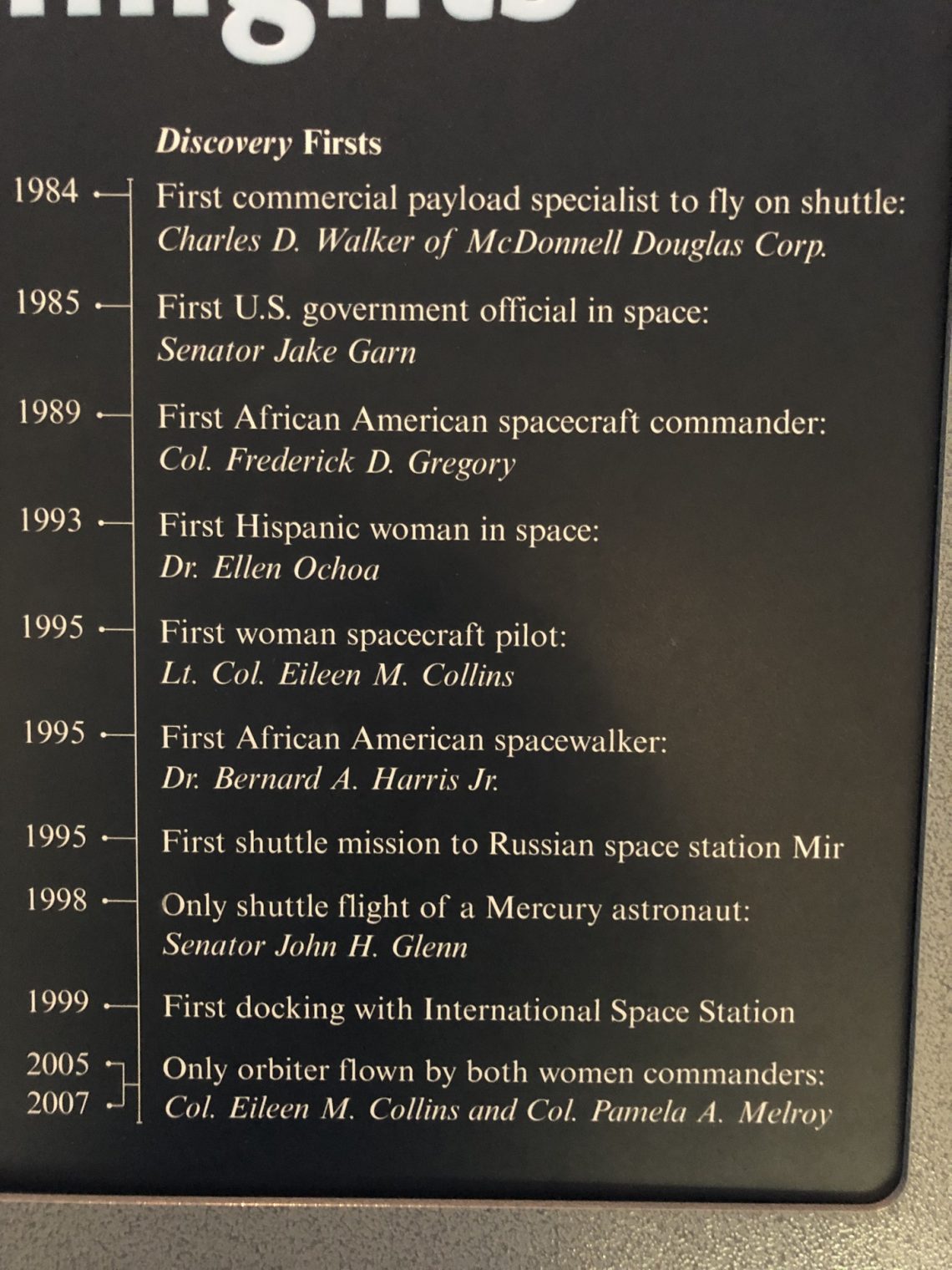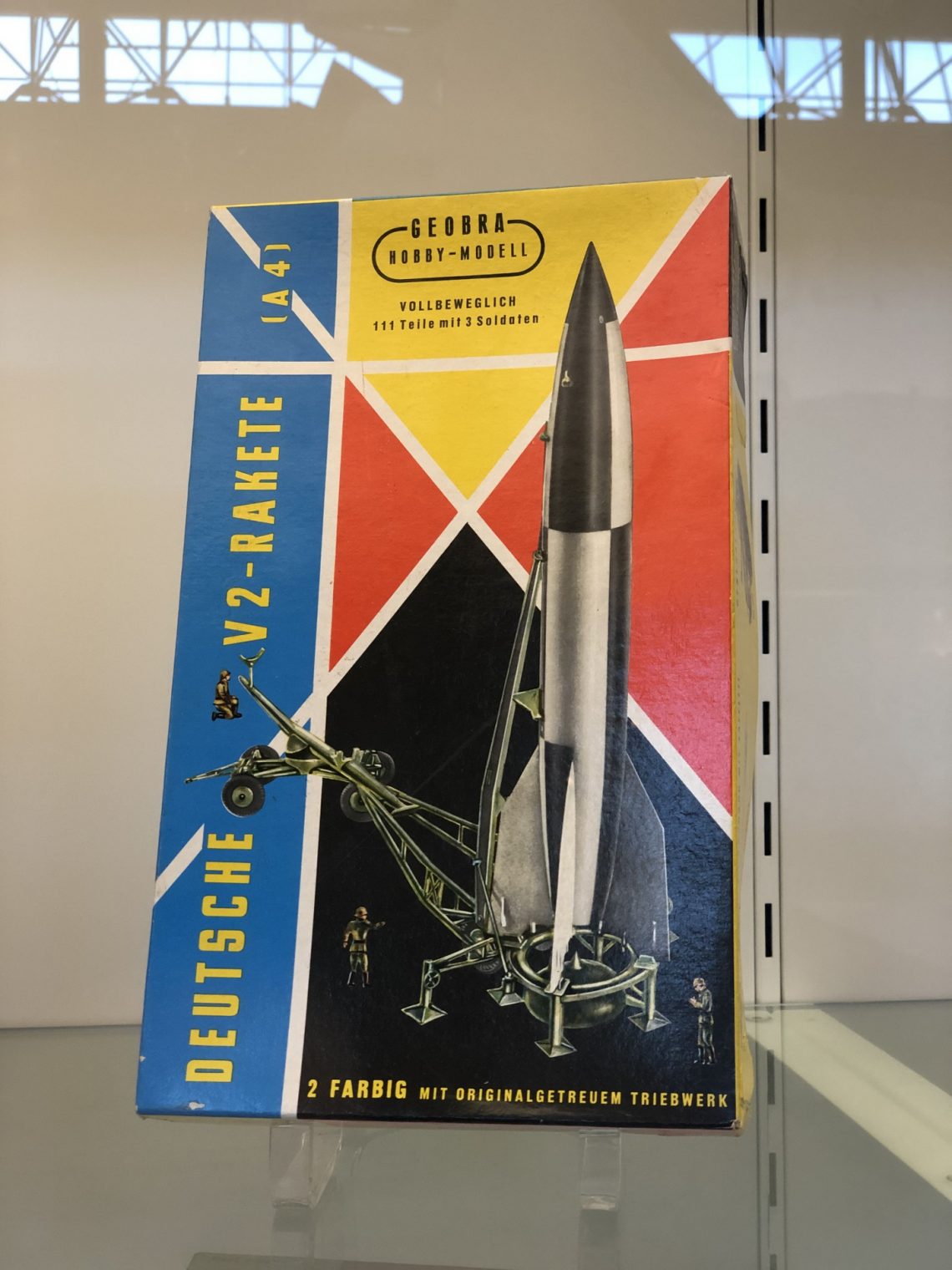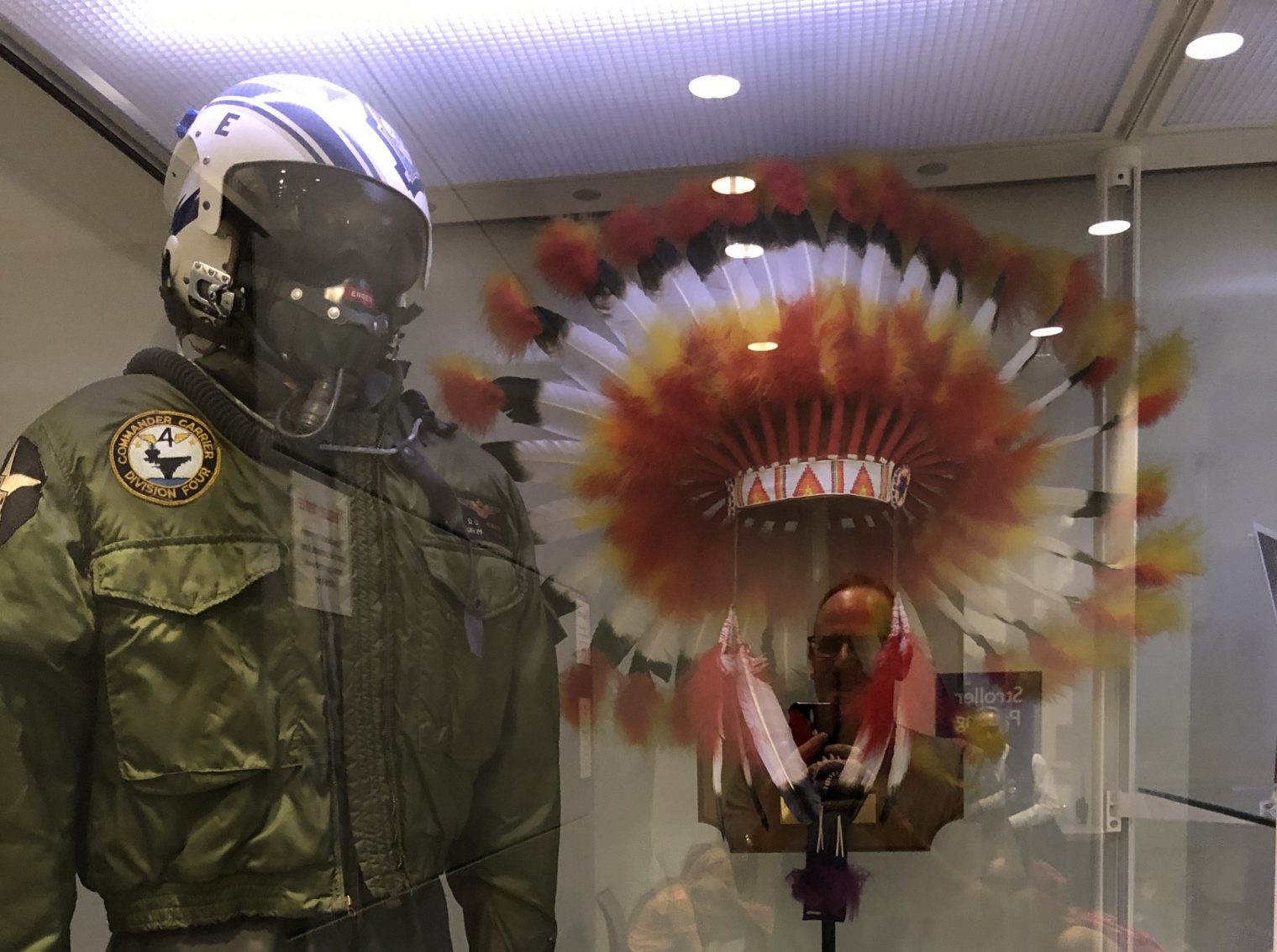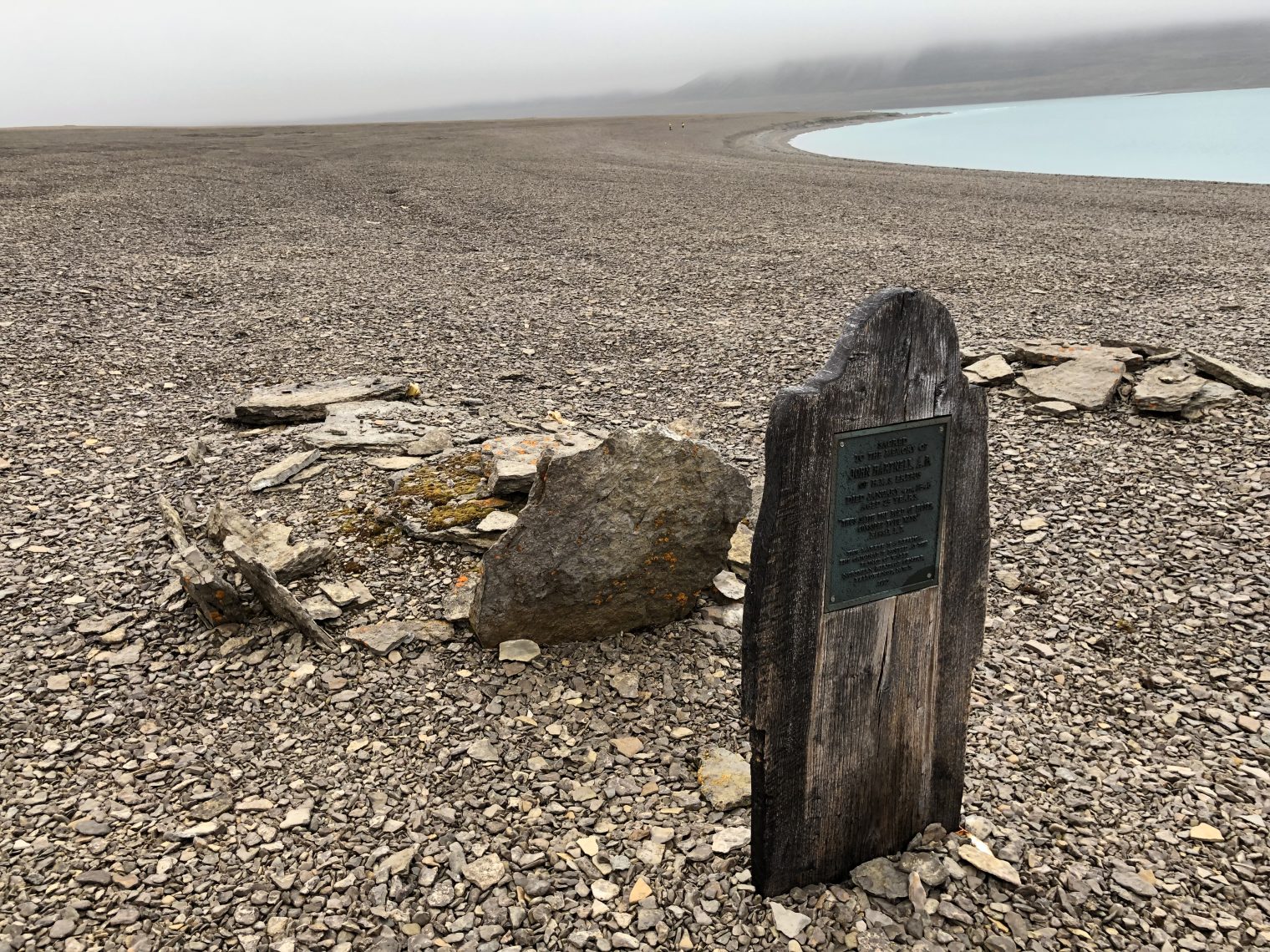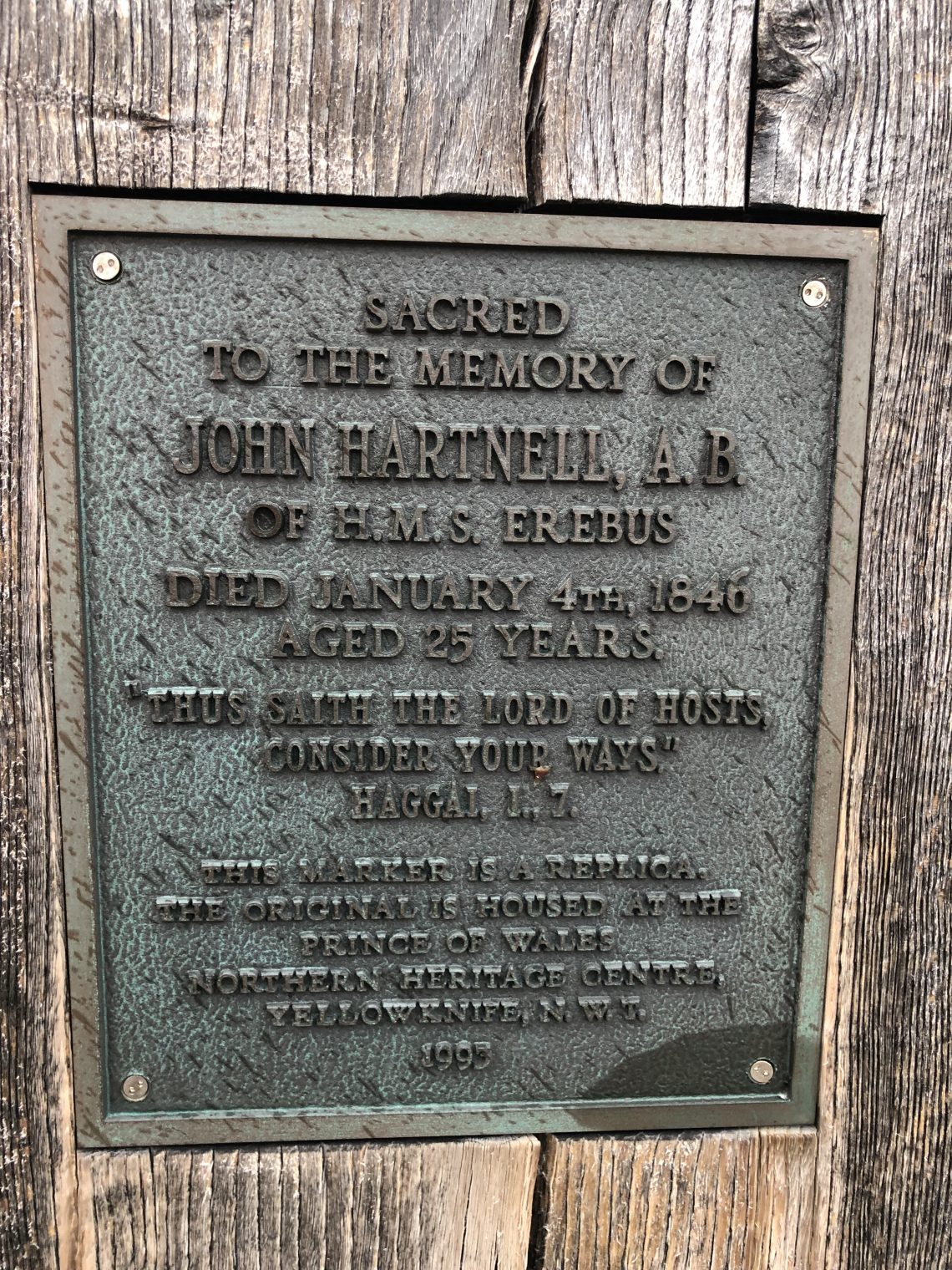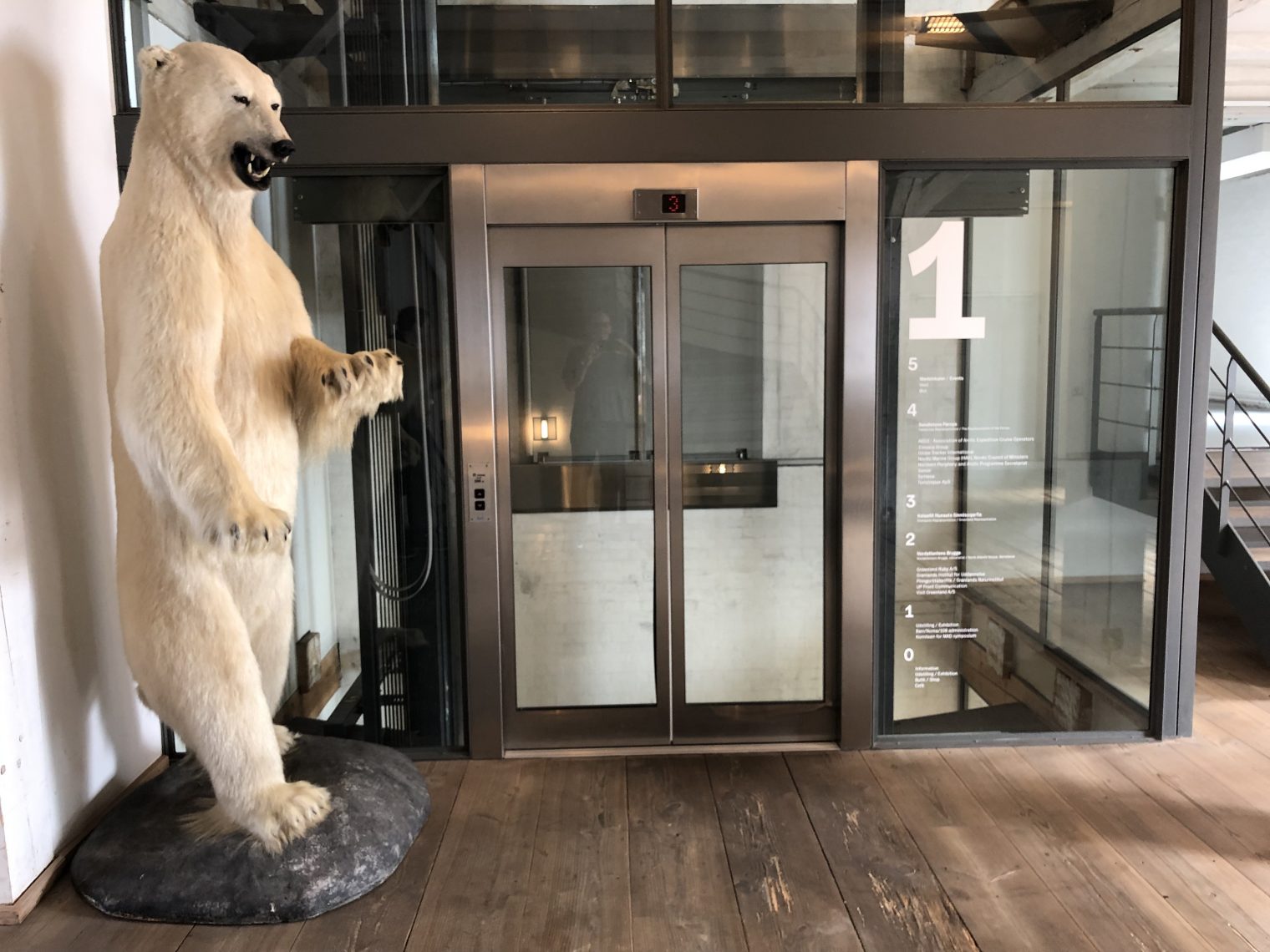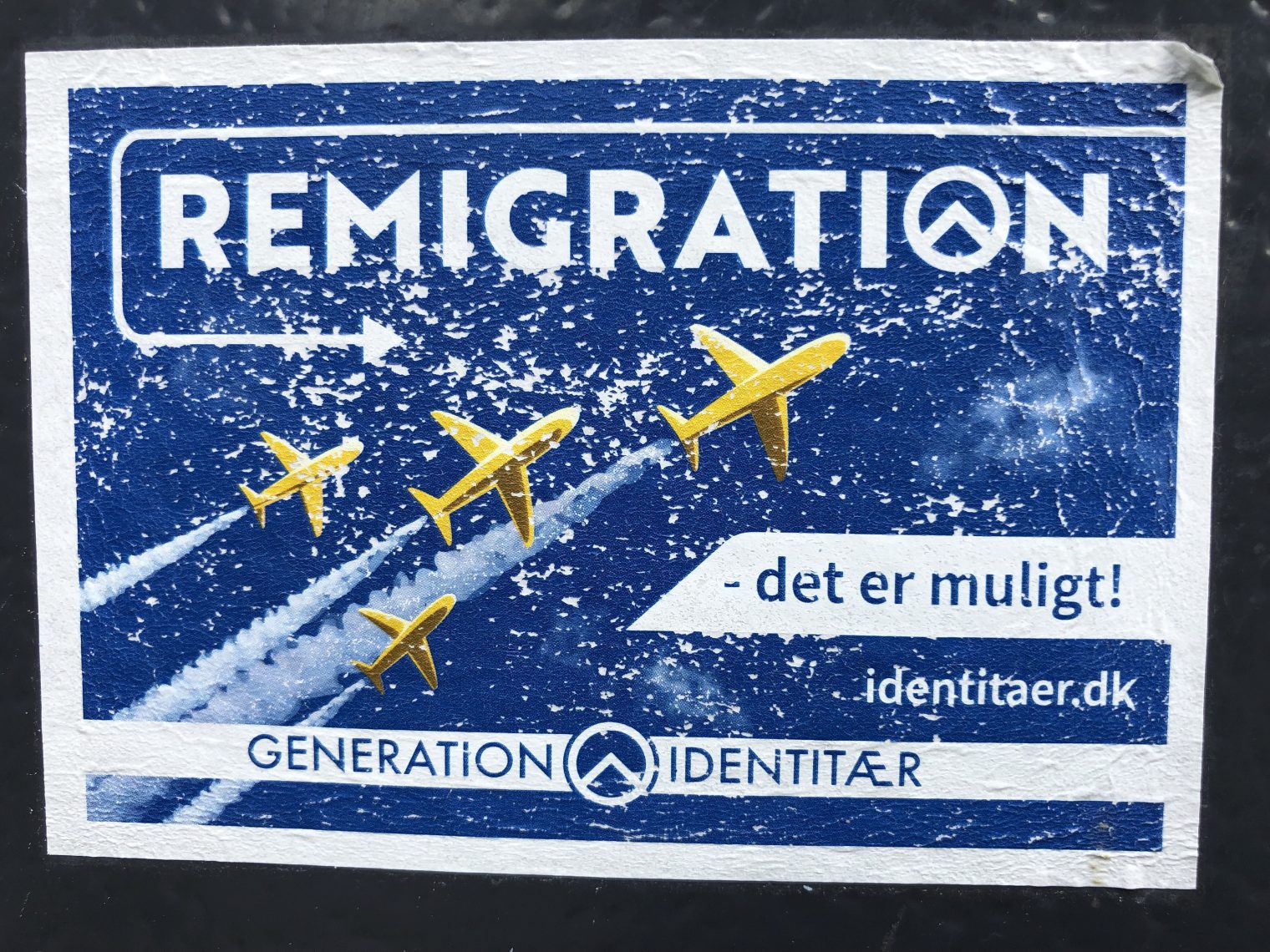Billion Dollar Whale is an instructive tutorial from two Wall Street Journal reporters. The “whale” is a pudgy Malaysian-Chinese guy named Jho Low who managed to steal billions of dollars from Malaysians and Arabs via diverting money from a sovereign wealth fund that he created and controlled.
One critical part of the scheme was setting up companies, and therefore bank accounts, that had the same names as legitimate cash destination firms, but that were incorporated in a different country and that were controlled by Jho Low:
For the next step of his scheme, Low set up two shell companies in the Seychelles. The firms—ADIA Investment Corporation and KIA Investment Corporation—appeared, given their names, to be related to the Abu Dhabi Investment Authority, or ADIA, and Kuwait Investment Authority, or KIA, two of the most famous, multi-billion-dollar sovereign wealth funds in the world. But the look-alike companies were purely Low’s creation, with no links to Abu Dhabi or Kuwait. In setting up ADIA Investment Corporation, Low experimented with another financial trick that he would add to his repertoire. The company issued just one unregistered share, valued at $1, and it was controlled by whoever physically held the stock certificate. These “bearer shares” were banned in many jurisdictions, including Great Britain and the United States—Nevada and Wyoming in 2007 became the last states to abolish their use—because they allowed owners of companies to hide behind layers of secrecy and made it nearly impossible for regulators to determine the owner of an asset at a given point in time. Seeking to find tax cheats in the early 2000s, the United States started to pressure offshore centers to hand over details of the beneficial owners of companies and accounts. Even the British Virgin Islands had recently outlawed the practice of bearer shares. But in the Seychelles, Low learned, they were still permitted.
The second element was an association with Mohammad Najib bin Tun Haji Abdul Razak, the Prime Minister of Malaysia, and his diamond-seeking wife.
The third element for getting money was Goldman Sachs, which was more flexible than other banks:
The 1MDB fund had agreed to pay $2.7 billion for power plants owned by Malaysian billionaire Ananda Krishnan’s Tanjong Energy Holdings, the first of a series of acquisitions it planned to make in the sector. To give the deal a veneer of authenticity, 1MDB needed an independent valuation of the plants. Leissner stepped in, asking Lazard if it could oblige. The U.S. bank agreed to take a look, but its bankers crunched the numbers and couldn’t figure out why 1MDB was willing to pay $2.7 billion for the suite of plants, which were located in Malaysia, as well as Egypt, Bangladesh, Pakistan, and the UAE. The deal seemed favorable to Tanjong, especially given that its power-sale agreement with the Malaysian state would soon run out, handing the government leverage to achieve a bargain price. Lazard believed the whole deal smelled of political corruption. It was common in Malaysia for the government to award sweetheart deals to companies in return for kickbacks and political financing; that was what Lazard thought was going on, and so it pulled out. With no other choice, Goldman instead became an adviser to 1MDB on the purchase, as well as helping the fund raise the capital. The bank provided a valuation range that justified 1MDB paying $2.7 billion for the plants.
In return for this flexibility, Goldman earned 100-200X standard investment banking fees:
Goldman was preparing to launch what it internally dubbed Project Magnolia, a plan to sell $1.75 billion in ten-year bonds for the 1MDB fund. But some board members were alarmed by what Leissner had informed them: Goldman would likely make $190 million from its part in the deal, or 11 percent of the bond’s value. This was an outrageous sum, even more than Goldman had made on the Sarawak transaction the year before, and way above the normal fee of $1 million for such work.
[Of course, some of the deals were made on the global douchebag circuit, i.e., at Davos:
The World Economic Forum, held each year in the Swiss ski village of Davos, is a microcosm of elite networks that span the globe, attracting world leaders, Wall Street titans, and chief executives of Fortune 500 companies. The events, in which panels of experts debate high-minded topics like radical Islam or the “democratic deficit” in front of audiences, is only the public face of Davos. In rooms open only to the chosen few with special white VIP passes—the highest in a color-graded hierarchy—the real deal making occurs. In late January, Michael Evans, a Goldman vice chairman in New York overseeing “growth markets,” had an important person to see on the sidelines of Davos: the prime minister of Malaysia. Evans’s audience was with Prime Minister Najib, brokered by Tim Leissner—just the kind of meeting between a Wall Street banker and a world leader that was typical at the event in the Swiss Alps. In public appearances at Davos, Najib was in his element, deepening the impression of Malaysia as a beacon of democracy in the Islamic world, and himself as an urbane technocrat. “We have to take care of the young people, we have to give them jobs,” he told Fareed Zakaria of CNN during an interview on the sidelines of Davos. But here, with Evans and Leissner, Najib had a strikingly different agenda. After pleasantries with the two bankers, Najib brought up the role Goldman had played selling bonds for 1MDB in 2012, and asked if the bank was willing to do so again, getting the money to the fund quickly and quietly, just like before. Goldman’s top management, advised by Leissner, had been expecting more 1MDB business. But Najib’s demand, less than three months since the fund last tapped the market for almost $1.75 billion, was almost too good to be true. The prime minister said the fund wanted to raise a further $3 billion. Such a staggering sum would mean another major payday for Goldman.
Goldman earned $600 million within 12 months, which the authors say is 200X the standard fee.]
The fourth element for avoiding scrutiny was to get auditors such as KPMG to sign off on the sovereign wealth fund’s books, using a fictitious investment in the Cayman Islands to show that the fund hadn’t been looted out.
For spending money, a big part of the key turned out to be working through a big American law firm:
But it was one thing to take money from a Malaysian fund and funnel it to Swiss bank accounts under the guise of a sovereign investment, using friends in official positions to address any concerns of compliance executives at banks. Now, Low wanted to get the money into the United States so he could spend it on luxuries and begin building his empire. That was risky, because the United States had started clamping down on corrupt foreign officials buying assets in Western nations. To do so, Low turned to Shearman & Sterling. Founded in 1873, with its headquarters at 599 Lexington Avenue in Midtown Manhattan, Shearman was as white-shoe a law firm as they came, an organization more suited to handling major mergers and acquisitions than dealing with the likes of Low.
Low informed his new legal team that he would be making a sequence of major investments, but he was very concerned about privacy. He opted to use the firm’s Interest On Lawyer Trust Accounts, or IOLTAs, to help distribute the money. These trust accounts are typically formed by U.S. law firms to pool clients’ money, say, when they are holding short-term funds for business deals or property purchases. This arcane corner of the financial world came into existence three decades ago as a way for law firms to earn short-term interest on client money to finance legal aid for the poor, but over time the accounts developed a reputation for shielding the identity of clients in transactions and helping to hide the origin of funds. Some states mandate that law firms set them up. IOLTAs are at once good for society and a powerful tool for crime. Lawyers, unlike bankers, don’t have to conduct due diligence on a client. Details of transfers through IOLTAs, meanwhile, are protected by lawyer-client privilege. While it is illegal for lawyers to abet money laundering, they are not required to report suspicious activity to regulators. The Financial Action Task Force, a Paris-based intergovernmental group that sets standards for stopping fraudulent use of the global finance system, has highlighted the United States’s poor oversight of lawyers as a weak spot in its defenses against money launderers.
Low pushed $369 million through the law firm. How much did the guy spend?
Between October 2009 and June 2010—a period of only eight months—Low and his entourage spent $85 million on alcohol, gambling in Vegas, private jets, renting superyachts, and to pay Playmates and Hollywood celebrities to hang out with them.
Despite connections to the Obama White House, things do begin to unravel for Mr. Low. I don’t want to spoil the suspense, though. The worldwide civil and criminal litigation is ongoing, but it seems safe to say that Goldman gets to keep all of its fees!
More: Read Billion Dollar Whale.
Full post, including comments 